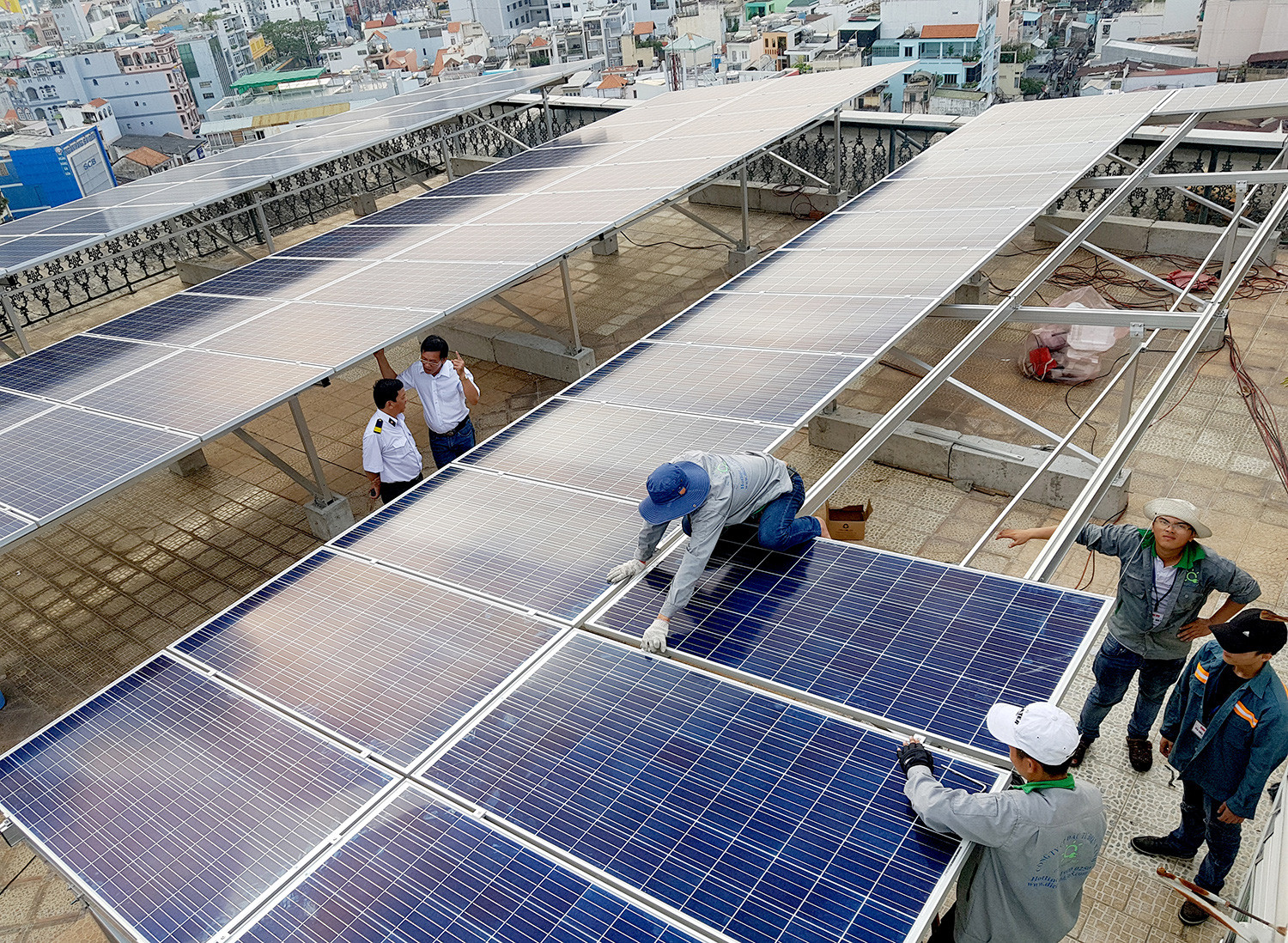
The Ministry of Industry and Trade said that the development of the above regulations is in accordance with the National Power Development Plan for the 2021-2030 period, with a vision to 2050 (Power Plan 8) approved by the Prime Minister.
In which, the regulation clearly states: "Prioritize and encourage the development of wind power, self-produced and self-consumed solar power (including solar power on people's rooftops and construction roofs, solar power at production and business establishments, consumed on-site, not connected to or not selling electricity to the national grid".
Meet the need for self-use
Therefore, this draft provides regulations for two types of rooftop solar power development, including those connected and those not connected to the national power system. The zero-VND price policy only applies to excess "self-produced, self-consumed" rooftop solar power output sent to the national grid and is limited to a capacity of 2,600 MW.
"The reason why self-produced and self-consumed rooftop solar power for electricity generation to the national grid will have a price of 0 VND is because the State wants to encourage individuals and organizations to develop rooftop solar power to meet self-consumption needs, contributing to reducing pressure on the national power system" - the Ministry of Industry and Trade emphasized.
According to this ministry, although our country's power grid infrastructure has been invested in, upgraded, and gradually modernized over the years, it does not mean that it can fully meet all power sources with different capacity levels.
To meet this demand, there must be storage technology, grid system operation and control technology, and a base power source that can be generated promptly when wind and solar power decline.
In case of encouraging the development of self-produced and self-consumed rooftop solar power and allowing unlimited grid connection, the operation of the power grid of Vietnam Electricity Group (EVN) will face many difficulties and the risk of insecurity of the national power system is very high.
This power source depends on solar radiation, but these are uncertain factors. When there is no solar radiation, the national grid still has to ensure adequate power supply. This leads to changes, rapid increases and decreases in the system, making the background power source unstable.
Incentives to prevent policy profiteering
Meanwhile, the current reserve power ratio is still low and there is no solution for synchronous power storage on a national scale. Therefore, measures are needed to limit the ratio of grid-connected solar power to ensure stable operation of the power system and avoid "broken" planning.
In addition, Power Plan 8 also encourages the development of self-produced and self-consumed rooftop solar power sources, but is not allowed to sell electricity. The goal is to focus on using solar power to self-supply energy for households and businesses, promote energy savings and reduce electricity consumption from the national grid.
In the current conditions of the transmission and distribution system, balancing the source structure, the Ministry of Industry and Trade affirms that the solution to prevent reverse generation and the solution to buy at 0 VND in case of transmitting to the national grid is necessary and appropriate, both encouraging the self-produced and self-consumed rooftop solar power model and preventing the phenomenon of policy profiteering.
To encourage this type, the draft is built to provide incentive mechanisms, such as exemption from electricity operating licenses; construction works with self-produced and self-consumed rooftop solar power installations do not have to make adjustments or supplement energy land and functions according to the provisions of law; simple implementation procedures...
HA (according to Tuoi Tre)Source


![[Photo] General Secretary To Lam receives Prime Minister of the Kingdom of Thailand Paetongtarn Shinawatra](https://vphoto.vietnam.vn/thumb/1200x675/vietnam/resource/IMAGE/2025/5/16/7f6a2a37f9324e61b3088c464cbc7b16)
![[Photo] President Luong Cuong receives Prime Minister of the Kingdom of Thailand Paetongtarn Shinawatra](https://vphoto.vietnam.vn/thumb/1200x675/vietnam/resource/IMAGE/2025/5/16/52c73b27198a4e12bd6a903d1c218846)

![[Photo] Prime Minister Pham Minh Chinh and Prime Minister of the Kingdom of Thailand Paetongtarn Shinawatra attend the Vietnam-Thailand Business Forum 2025](https://vphoto.vietnam.vn/thumb/1200x675/vietnam/resource/IMAGE/2025/5/16/1cdfce54d25c48a68ae6fb9204f2171a)

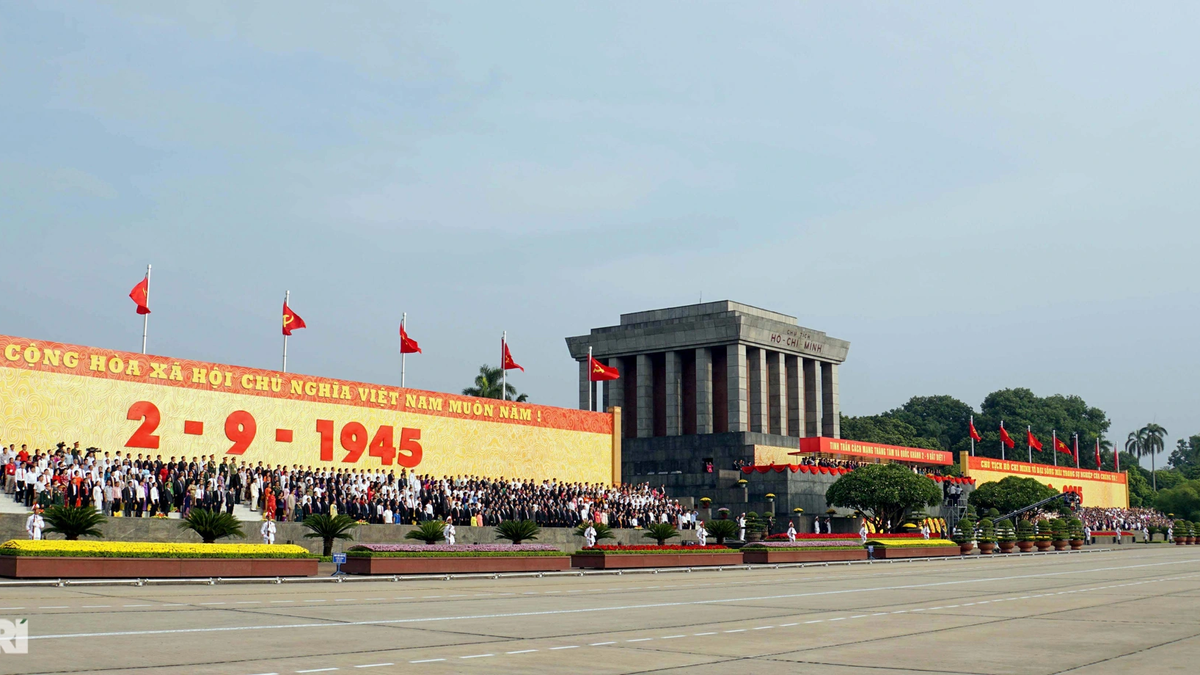




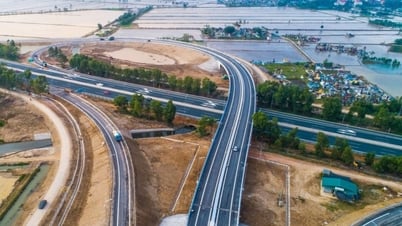

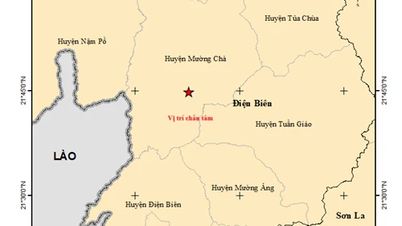







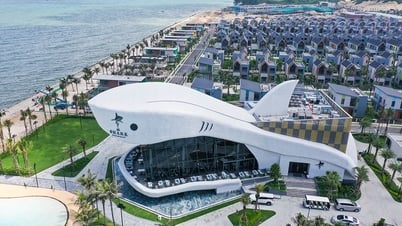

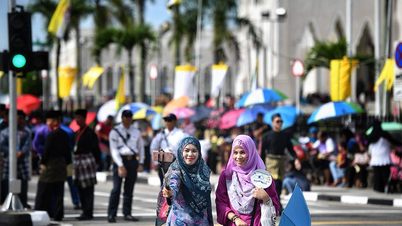
![[Photo] The Prime Ministers of Vietnam and Thailand witnessed the signing ceremony of cooperation and exchange of documents.](https://vphoto.vietnam.vn/thumb/1200x675/vietnam/resource/IMAGE/2025/5/16/935407e225f640f9ac97b85d3359c1a5)
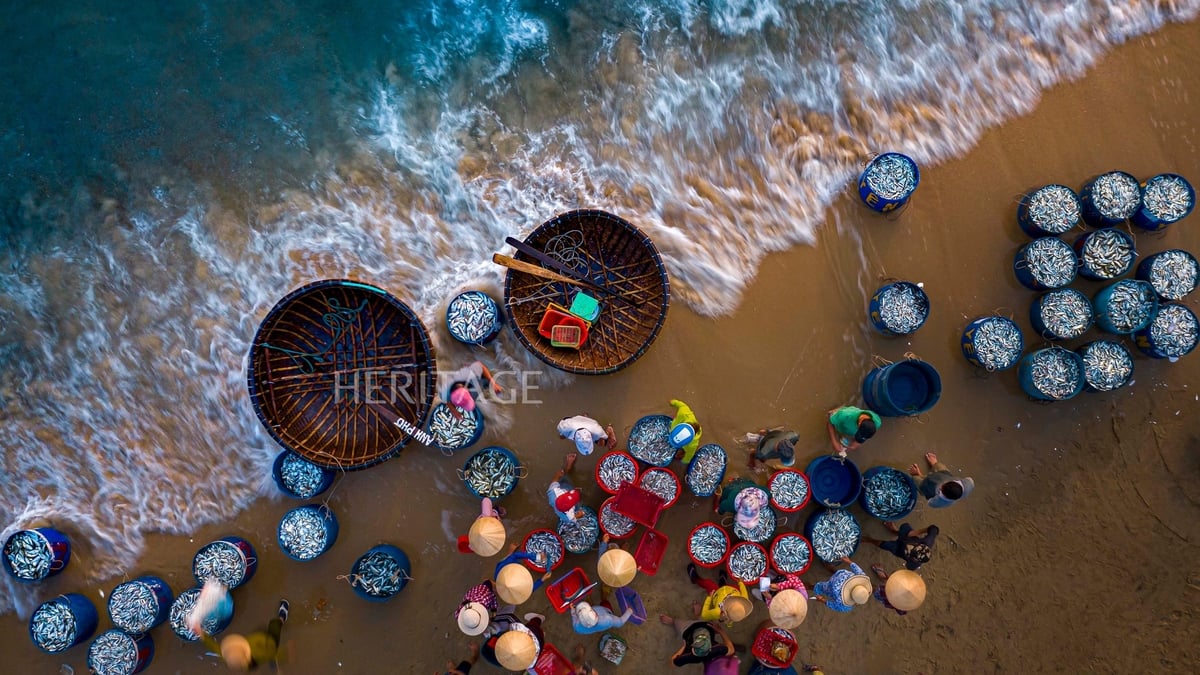




































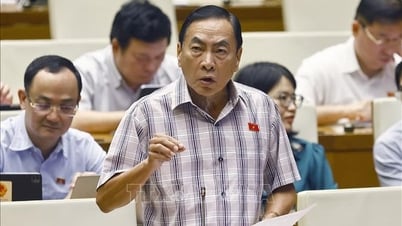


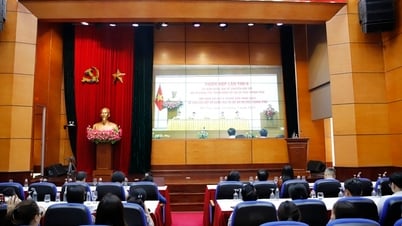


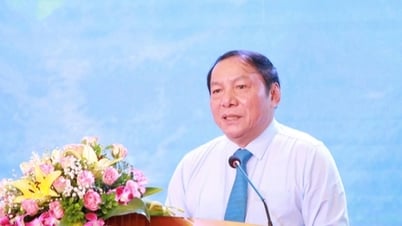




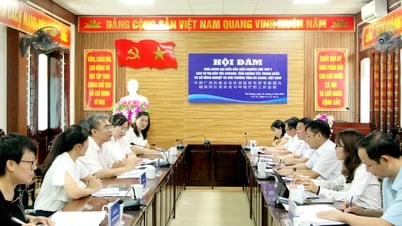






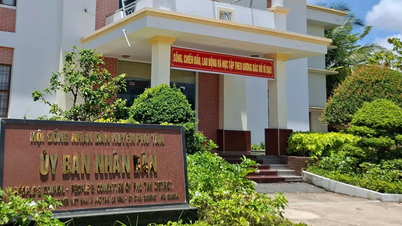











Comment (0)